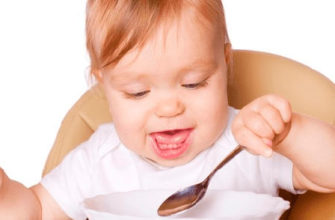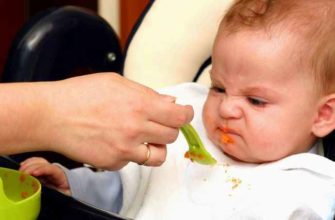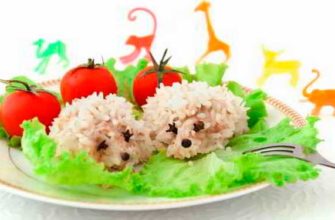Sweets ... Some parents categorically do not give babies anything sweet. Others, on the contrary, pamper the child with a large number of sweets and cakes. So can children be given sweets, and if so, in what quantity?
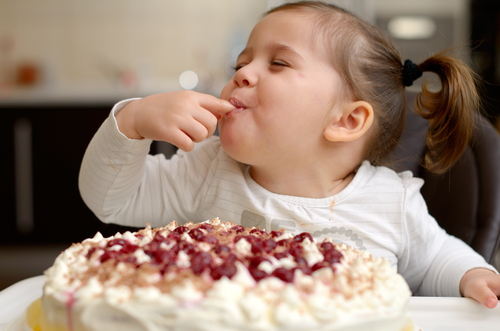
Sweets: good or bad
The term “sweet” contains a large list of products containing a large amount of fructose and sucrose. These are confectionery, sweets, pastries, ice cream, jelly, marmalade, marshmallows, pastille, etc. Sugar-containing products are indispensable for the body. They are a source of energy and are necessary for normal brain activity.
In addition to fructose and sucrose, many goodies contain useful substances necessary for the body. Dried fruits, marshmallows and marmalade are composed of easily digestible carbohydrates and trace elements. However, do not buy pastille or marmalade of bright colors. There are many dyes in such products that can harm the body.
Honey in general is a storehouse of useful substances: trace elements, vitamins, enzymes and other biologically active compounds. It has high antiseptic and antibacterial properties. At the same time, immunity increases, the internal forces of the body accumulate. Care should be taken when introducing honey into the diet - it is a pronounced allergen.
In addition to the benefits to the body, sweets are a powerful source of positive emotions. The child rejoices in a beautiful cake at his birthday or during a walk, eating nuts with his mother.
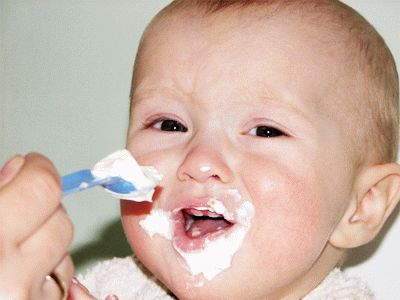
But it’s better to completely abandon the use of some sweets:
- Sugar in its pure form does not bring any benefit. Do not add it to porridge, tea or mashed potatoes for the baby. Adults only think that the child will taste better. He gets used to fresh food and its taste suits him.
- Cookies, cakes and pies are high in fat, heavy carbohydrates and sugar. They quickly saturate a small organism, but do not bring any benefit. It is worth abandoning the daily use of these products, leaving them exclusively for the holiday menu.
- Jams, preserves and jams are a concentrated solution of sucrose in fruit juice or puree. The benefits of these products are doubtful, and the high sugar content is alarming. You can spread a thin layer on a sandwich, but not get carried away.
- Candy can be given to the baby only after three years. The most harmful of these goodies are caramels and candies. They have a lot of sugar and dyes and they will not bring any benefit. If you really want to give a candy to a child, then let it be chocolate. Chocolate contains B vitamins and antioxidants that enhance immunity.
When babies can be given the first goodies
So, some sweets can be given to babies. They will bring positive emotions and benefits to the growing body. The question arises: when can children be given sweets, when will the moment come to give the first delicacy.
It is better to start a journey through the world of sweet pleasures with fruit mousses prepared with your own hands from fresh berries and fruits. Then you can give your baby a taste of marshmallows, marmalade and jelly candies. After the third birthday, it's time to try low-fat ice cream and light cream cakes.
Giving sweets is necessary only after the main meal. So he will not want a lot of sweets and will not interrupt the appetite if you give him a treat between feedings.
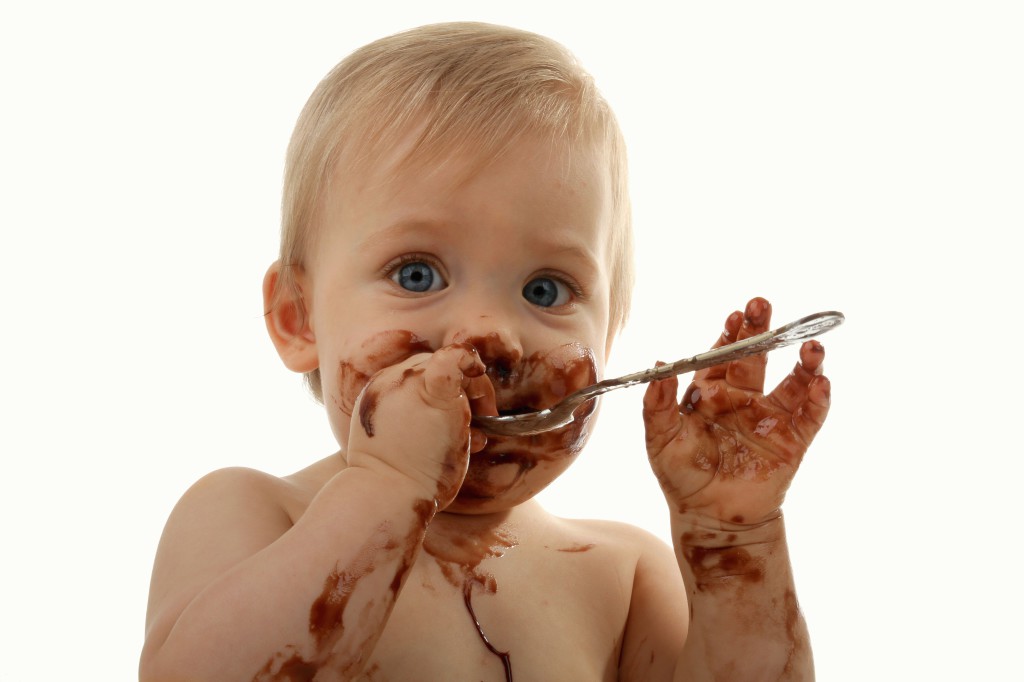
In principle, children, like all people, may well do without treats. From birth, the baby knows and loves one type of “sweetness” - lactose in breast milk. And only parents with their habits sweeten the child’s tea, porridge and other foods. Over time, the child becomes accustomed to the taste of sweets and may even refuse normal food. In addition, excess carbohydrate food can lead to metabolic diseases (for example, diabetes mellitus, alimentary obesity) and caries on milk teeth.
Children of the sweet tooth grow most often with the parents of the sweet tooth, since it is adults who form the food stereotype in their children. Parents themselves, eating a lot of sweets, believe that kids need it. The second cause of sweet tooth children is the lack of attention given to the child. For the first time, having tasted a treat, the baby, lacking attention and affection in the family, wants to get it with pleasure from the treat.
You should not offer sweets to a baby from an early age, but starting to pamper him do it reasonably. Do not substitute sweet your love and affection, do not give as encouragement. Than once again to give the baby candy, it is better to go with him for a fun walk, arrange a naughty game or go to the circus, and replace sweets with fruits and nuts.
READ MORE:
- Child and sweets: building the right relationship
- The opinion of mothers: is it possible and necessary for a child up to 3 years old to give salt and sugar. + Consultation of Dr. Komarovsky and Professor of Pediatrics Sergey Nyankovsky
- First lure: start
- First juices
Dr. Komarovsky answers the question of how old and why children can eat sweets and what types are preferred:

